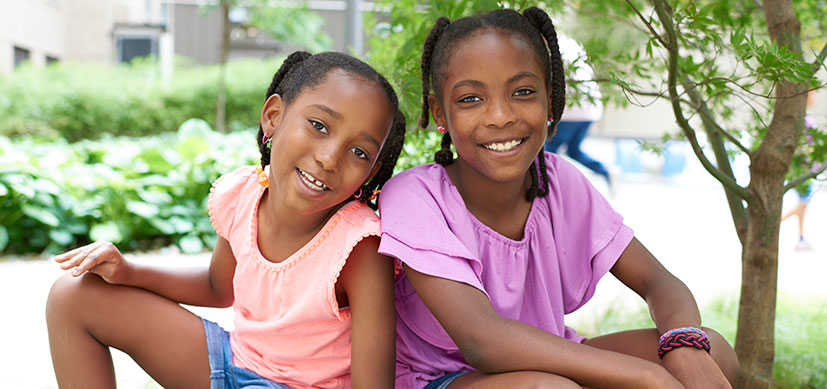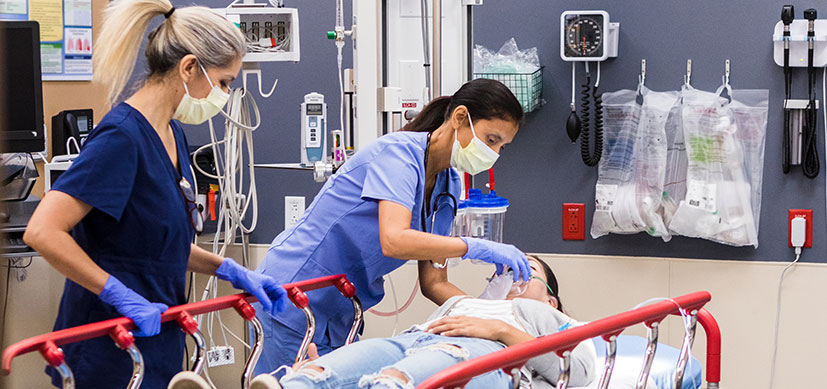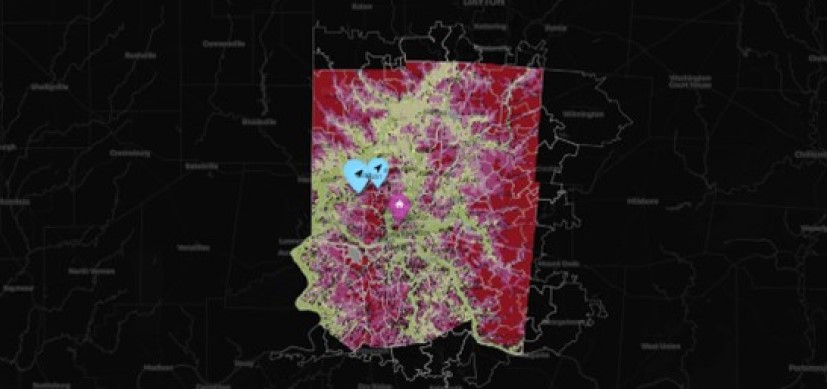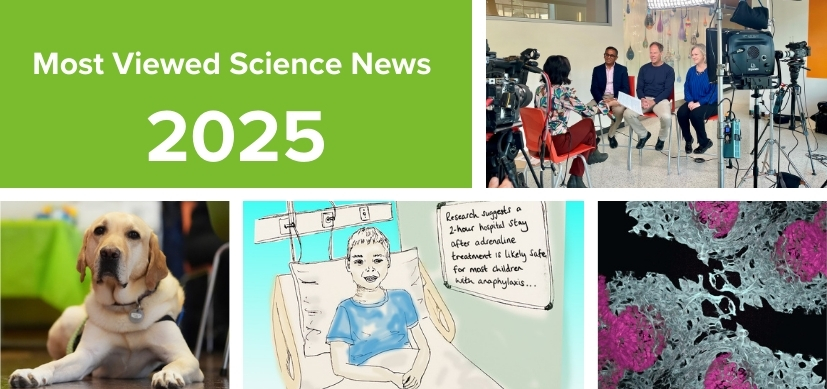Seeking Trust Through Science
Post Date: May 22, 2022 | Publish Date:
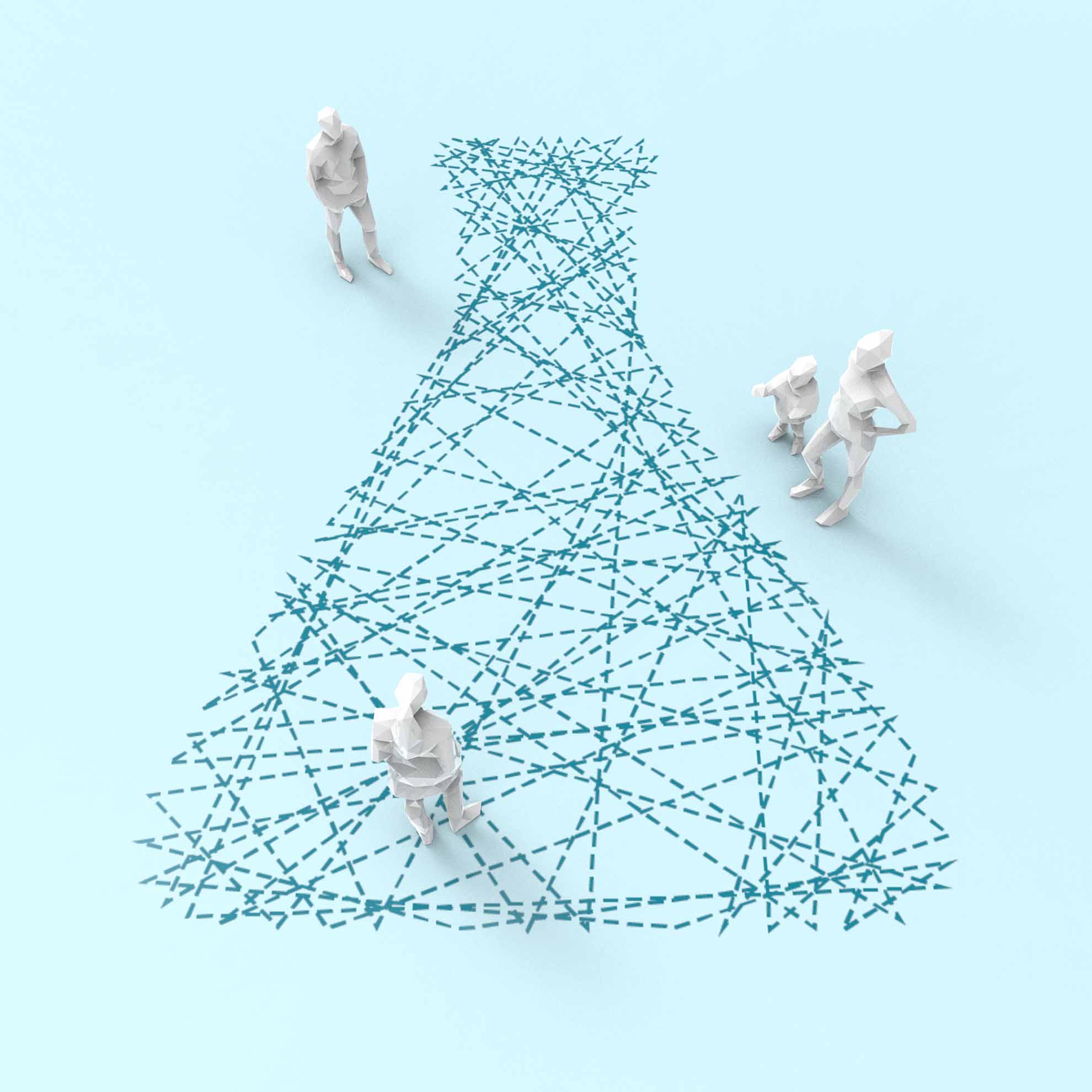
Almost as soon as people started getting sick, scientists tracking the COVID-19 epidemic could see that less-advantaged populations were suffering the harshest consequences.
When widescale shutdowns occurred early on, lower-income workers were among the first to lose jobs, which disproportionately affected people of color. Then, when “essential workers” were called upon to work in risky conditions, disadvantaged families paid the highest price as employees brought infections home. Later, as vaccines arrived, reaching out to disadvantaged communities became a live-action lesson in how to address widespread distrust, language barriers and more.
From the beginning, Cincinnati Children’s leaders, clinicians and scientists strived to bridge trust and communication gaps that limited participation in clinical trials, complicated access to care and slowed distribution of vaccine. And many experts resolved to study the situation as it unfolded.
In July 2020, challenge grant funds from the Center for Clinical and Translational Science and Training (CCTST) launched several projects:
- Katherine Bowers, PhD, and colleagues dove into COVID transmission data affecting Hispanic and Black families.
- Lori Crosby, PsyD, led efforts to craft specific messaging to reflect learnings from surveying Black families. Keith Martin, DO, and Amy Rule, MD, MPH, explored similar barriers affecting Latinx families.
- Clinical researcher Aimee Miley and Claire Seid delved into concerns related to homeless persons and those recently released from jails and prisons.
A flurry of local partnerships and programs followed, including co-launching a successful bi-lingual digital campaign with the Health Collaborative called “Test and Protect.”
Several of the investigators presented preliminary findings in November 2020, but much of the work will continue until the pandemic ends—and beyond.
“Look, I know there’s a long and painful history of research abuses on Black and Latino populations in this nation’s history,” says Calvin Williams, president of a Cincinnati-based Black-owned business, in a recruiting video for an ongoing study. “I also know Dr. Lori Crosby, who is leading the A.T.T.A.C.H. study. And I know that she and Cincinnati Children’s Hospital Medical Center can be trusted to maintain your anonymity, confidentiality, dignity and safety.”
Related Posts:
Cincinnati Children’s Plays Central Role in COVID-19 Vaccine Clinical Trials
Mitigating the Mental Health Burden of COVID-19
Contributing to COVID Knowledge
One Does Not Simply…Shut Down Science
Studying the Heart in the Storm
Pandemic Prompts Dash to Build Dashboards
Exploring Intersections Between COVID-19 and Co-Morbidities
Balancing COVID Safety and Learning Needs
Anderson Center Team RACEs to Respond to COVID
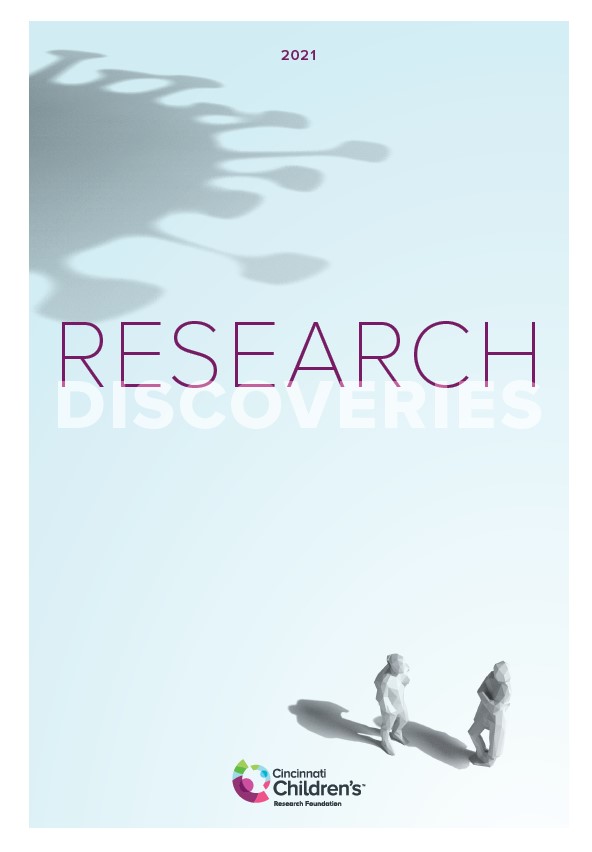
Explore the full 2021 Research Annual Report
50+ Discoveries and Innovations (Enter Research Area, click “Featured Research”)
By-the-Numbers Section Breaks Down $270M+ in Funding
Learn About Science Careers and Student Opportunities
Find Out How You Can Support Research at Cincinnati Children’s



